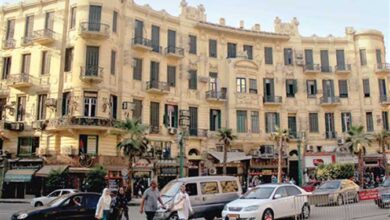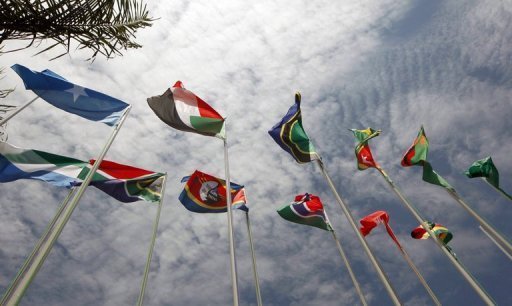
Egypt's Supreme Constitutional Court decided on Sunday against the constitutionality of an article in one of the laws regulating parliamentary elections, which were scheduled to begin later this month, in a ruling likely to postpone the elections race.
Three laws were issued to regulate the elections, only one of which was issued by President Abdel Fattah al-Sisi, the constituency law.
In its ruling, the court decided that Article 3 of this law is unconstitutional. The supreme court's rulings are binding to the state and cannot be appealed.
The constituency law, issued in December 2014, regulates electoral districts and was one of the final steps that needed to be taken before elections are held.
Shortly before ceding power in June 2014, former Interim President Adli Mansour issued the two other laws, the political participation and parliamentary elections laws.
Mansour, who now serves as head of Egypt's supreme court had stepped down from ruling on this case.
All three legislations have been met with criticism by several political parties that have called for their amendment before the elections are held.
Several parties had announced their intentions to not participate in the elections, including al-Dostour party, Strong Egypt party and the Popular Current party.
The parliamentary elections were scheduled to take place over two phases, with the first taking place on March 22 and 23 and the second phase running from April 26 to 27.
The committee that was overseeing the elections had announced last week that it initially accepted the candidacy of 6899 individuals running for the coming parliamentary elections.
The legislature was set to be made up 567 seats; 420 members individually elected, 120 through electoral lists, and 27 members appointed by the president.
If they are held, the parliamentary elections would mark the completion of the roadmap, which Sisi announced to the nation in July 2013, following the ouster of Islamist president Mohamed Mursi by the military after mass protests against his rule.



